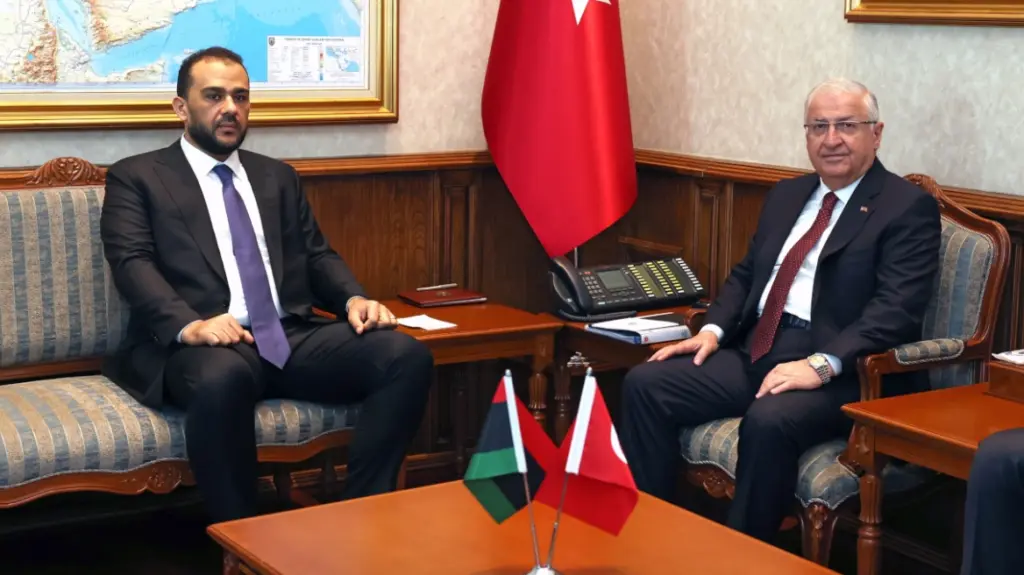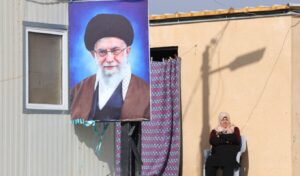A new cooperation agreement with Ankara, confirming the steady strategic alignment of the two sides in recent years, has been signed by the Government of National Unity (GNU) based in Tripoli, in yet another move that strengthens military ties between western Libya and Turkey. Since 2019, Ankara and Tripoli have deepened their relations by signing a series of memoranda, including the agreement on maritime delimitation in the Eastern Mediterranean, as well as military support. Turkey’s support for the GNU was critical during the civil war that followed Gaddafi’s fall, providing military and logistical assistance against Khalifa Haftar’s forces in eastern Libya.
According to latest developments, Libyan Deputy Defense Minister Abdulsalam al-Zoubi visited the Turkish capital yesterday, where he held an official meeting with Turkish Defense Minister Yaşar Güler. According to the GNU’s official announcement, the two sides signed an agreement focusing on “cooperation in the fields of advanced military training, exchange of experiences, as well as technical and logistical support, aimed at enhancing the readiness and professional competence of the Libyan army.”
GNU Deputy Defense Minister Abdulsalam Al-Zoubi meets with Turkish Defense Minister Yaşar Güler during visit to Ankara. #Libya #ليبيا pic.twitter.com/lgozxh3Nd5
— Alwasat Libya (@alwasatengnews) July 10, 2025
Turkey-Libya: What the new agreement includes
The visit of the Libyan official and the signing of the new agreement is not an isolated event.
The GNU, under the leadership of Prime Minister Abdul Hamid Dbeibah, has established Ankara as a key partner in the field of security and reconstruction of Libya’s armed forces. The new agreement confirms this relationship and provides continuity to Turkish military missions and operations on Libyan territory.
“Strengthening military cooperation between the two countries is a foundation for upgrading the capabilities of the Libyan army,” the GNU announcement stated, presenting the agreement as a means of improving personnel training and the effectiveness of the country’s military mechanism.
Turkey, for its part, maintains particular interest in Libya, both for geopolitical influence and due to energy and economic interests stemming from the maritime zones agreement it signed with the GNU. Through military cooperation, it strengthens its presence in North Africa and seeks to establish its role as a stable player in the region.




